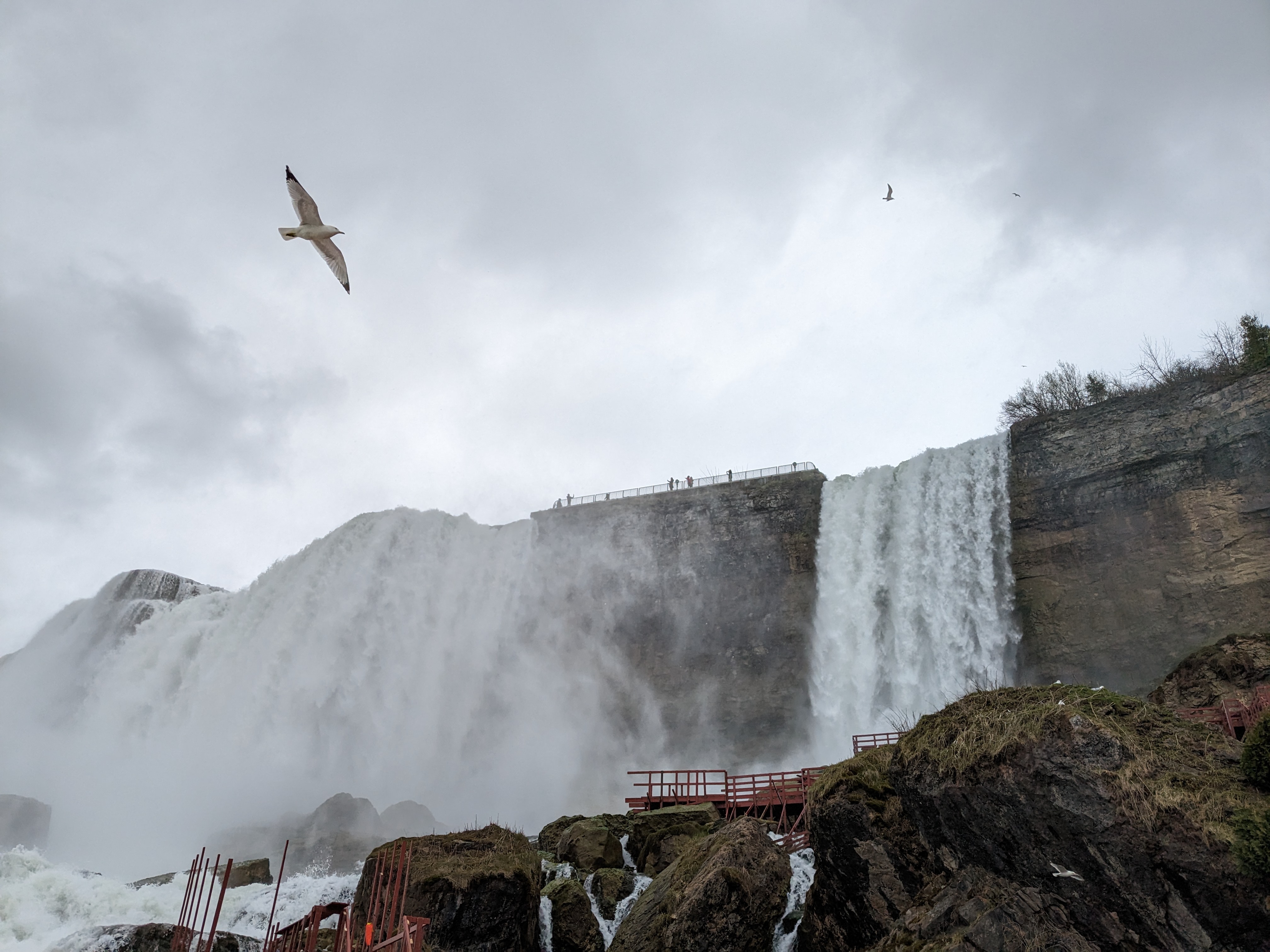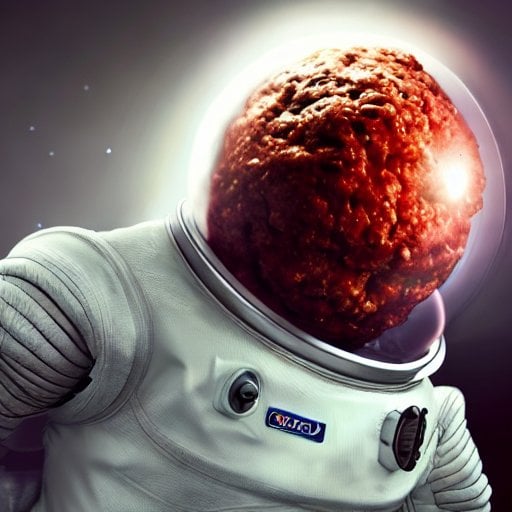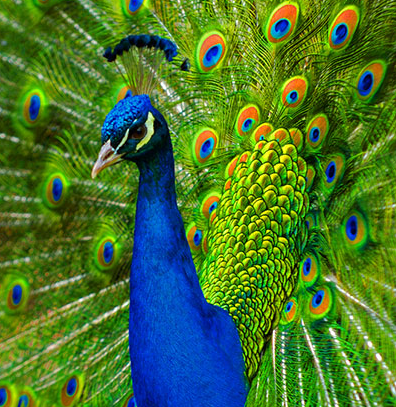Lobsters have urine nozzles under their eyes, and pee in each other’s faces to communicate.
subscribe
Lobsters have olfactory sensory neurons, located in the aesthetasc sensilla on their antennules, which allow them to detect the pheromones in the urine of other lobsters.
A dominant male lobster will pee to signal his dominance and deter other males from his territory. Females may also pee to signal their readiness for mating, and the urine of a dominant male can attract females.
Lobsters also communicate through touch and by using their claws, but no one really gives a fuck after reading about the pee thing.
I’ve seen them on the bus I think.
Is there any other way to communicate? Peeing in someone’s face is a very effective way to send a message.
When a whale dies and its corpse falls to the bottom of the ocean, entire ecosystems rapidly develop around eating every part of it due to how scarce resources are in the deep ocean. This phenomenon is called a “whale fall” and it’s a major source of energy for deep ocean ecosystems.
Whale whale whale, what do we have here? - deep ocean crabs
Life is worth living today thanks to this comment
Sometimes I wonder if a shipping container full of billionaires would have a similar effect.
That seems like a waste of a perfectly good shipping container.
Why don’t we just use environmentally friendly hemp ropes and locally sourced boulders?
Locally sourcing boulders over the Marianas Trench is going to be such a pain. I’m pretty sure the environmental benefits will outweigh importing some nice basalt from Hawaii before we leave out.
Greenland sharks are pretty amazing
They can grow up to 24 feet putting them at the same giant scale as great whites and basking sharks, but most are usually closer to 5 meters long
They can live for hundreds of years due to extremely slow metabolism and ambush feeding, some individuals found around 400 years old are as old as the Jamestown colony, Don Quixote, and the discovery of logarithms.
They are opportunistic feeders and have been found with polar bear and reindeer in their digestive systems, and can pull/vacuum in water to catch their primary prey of fish, eels, and other sharks.
24 feet ~ 7.3m
5m ~ 16’5”
deleted by creator
Back to the horrors of the deep…
They also commonly have eye parasites that severely impairs their vision or blinds them called Ommatokoita elongata.
So they get to live long with multiple generations of parasites stuck in their eyes they can’t get out.
feet … meters
Oh, please.
Are they the ones where you have to ferment the flesh or it is toxic? Or wasn’t that a shark?
While this is funny and all, this isn’t really true for a couple of reasons:
- We know a hell of a lot about the oceans, we’ve studied them for hundreds years. There has been extensive mapping of the seafloor. All of the areas close to land have been thoroughly studied. And where we’ve spotted interesting stuff, we’ve investigated for sure.
- We haven’t thoroughly explored the moon. Sure we’ve had nice pictures for a long time. But we’ve only recently seen the rear side of the moon, as we more or less always see the same side from Earth. Not till recent orbiters we’ve had a high resolution map of the moon, comparable to maps we have of the oceans.
- Only a dozen or so people have ever been to the moon and the amount of research they did was very low. They also haven’t brought back many samples. And the amount we can do from orbit and with rovers is very limited. At this point I would say we know more about Mars than we do about the moon, depending on how to count. The moon isn’t that interesting, so we haven’t done much with it. It’s made of the same stuff as the Earth and without an atmosphere and biosphere, it’s kinda dull.
- This is basically impossible to measure. What is knowledge? How is it quantified? We could say it’s relative. But since there isn’t a way to know how much total knowledge there is available to learn, I’d say that’s not possible. What does it mean to “explore”? Do people need to go there? Because a hell of a lot of people have been to the seafloor than to the moon. Hell going to the seafloor is a basic tourist activity these days. I’ve been to the Maldives and did some crazy dives looking at life on the bottom of the sea.
- People might argue the Moon is basically all the same, so once you’ve seen one spot you’ve seen them all. I’d argue that’s not true, we’ve only recently learned the moon’s poles are very interesting and we know very little about that. And I’d counter that argument with the fact the same goes for the deep oceans. A whole lot of it is just barren wasteland, an under water desert. We haven’t explored because there is nothing to see. We select interesting locations and study them thoroughly, instead of studying a lot of it a little bit and wasting huge amounts of time.
- Another argument often repeated is new species are discovered every day in the ocean. Whilst this is true, we are also destroying a lot of species, so the total number might actually go down instead of up. And a lot of species are variants of already known species. Only expert biologists can differentiate between the species and know what to look for. And I’d argue they don’t change the big picture or understanding at all. Still interesting, but not an indication there is so much more to find out there.
- But what about something huge living down there? Like a Kraken or dinosaurs? Well no, we don’t have to have studied every square inch to know about big life. Big life is messy, requires a lot of resources and is part of a food chain. You don’t need to see the dinosaur if you can see their giant mountain of crap amidst broken trees. There might be some kind of large squid or something down there, but they will probably be extremely similar to other large squid we already know about. So a new species, but not changing the overall picture. If there were any big monsters down there, we would know about them by now.
So this is one of those things that might feel true, but in reality it really isn’t.
The moon isn’t that interesting, so we haven’t done much with it.
It’s a ball full of sharp and toxic shards that get everywhere.
On the other hand, the ocean has immortal jellyfish and snail with iron armor.
It might be more accurate to say the average person knows more about what we don’t know about the ocean than what we don’t know about the moon.
We have a decent idea about what can and may exist in and about Earth’s oceans, but less about the moon; and most people assume it’s just a dusty rock too.
Not a fact but a question:
How do whales keep water out of their anuses when they are deep diving?
Whales have been known to dive almost 2 miles deep and at that depth you’re looking at almost 300 atmospheres of pressure and a whale’s sphincter has to be strong enough to resist that.
I had to look it up out of curiosity. The rib cage and lungs of sperm whales are adapted to collapse under pressure, squeezing all the air in the lungs into a small space and increasing internal cavity pressure.
I think that also happens to humans, but without being adapted to it, it’s a one way squeeze.
Like a tube of toothpaste
Not as minty
Depends what you eat.
Wait, why didn’t they get the bends?
They know to ascend slowly to avoid it, but it can absolutely happen.
https://www.whoi.edu/press-room/news-release/how-do-marine-mammals-avoid-getting-the-bends/
Ty!
They can if they do too many dives in rapid succession.
You get the bends by having a lot of nitrogen dissolved on your bloodstream due to the pressure. So it’s a function of how much nitrogen you breathe, how much pressure you’re breathing it at, and the total amount of blood (and some other tissues) in your body that can absorb that nitrogen. Divers get the bends because they are taking multiple breaths of air under pressure, there is multiple lung volumes of nitrogen cycling though the diver. Whales and other diving animals don’t typically “hold” their breath when they dive, but if they did, it would only be 1 breath of air for the entire dive. Air in the lungs is bouyancy they don’t want and can potentially injure them when it re-expands. Most marine diving animals will saturate their blood and muscles with oxygen at the surface and then dive and exhale.
They don’t. That’s their kink.
Norwegian fjords are freaking deep. When you’re on the shore of Sognefjord, you’re standing in front of a 1300m deep canyon filled with ocean water.
Sharks are older than trees and the north star.
The perfect killing machine
Fun Fact: Dolphins fart.
I mean everything farts, right? What about a snail?
It’s a delicacy in France. Escargot de poopoo
Due to their plant-based diet, I can imagine that snails fart a lot.
deleted by creator
And so do fish.
Global warming has a slower effect on the oceans than in air temperatures, yet we’ve passed a tipping point where many sea regions are consistently 3C warmer than pre-industrial era, and they are helping air temperatures set records too. Even since 2016, summer tropical North Atlantic ocean has been over 2C warmer than 2016. This region is also called “hurricane alley”, and ocean heat has an exponential effect on hurricane strength.
Okay that’s a bit too scary 😭
My theory on tipping points with ocean to air temperatures is that El ninos cause a step up in air temperatures now. This happened in 2015/2016, where air temperatures stayed above 2015 levels every year afterwards, even if 2016 record stayed up for a long period. 2023/2024 was another step up. Ocean and air temperatures help each other set summer records, and that ocean heat persists into fall/winter to help moderate winter air temperatures, that makes spring have a head start on new summer records, or at least keep the new el-nino set baseline, until another step up the next el-nino.
Thalassaphobia is a real thing
I, for one, think it’s completely fucking reasonable to afraid of deep, dark water. Phobia my ass.
I have thalassophobia, im from a beach country and im like “nah I’ll stick to the pool”
Fuck no. You can’t Breathe underwater. The ocean is essentially space but with actual monsters in it. And if you can’t see the bottom, fuck no I’m not going in there
It’s easier to survive in the space as in the deep sea, aspaceship only has to support 1 atm pressure of the cabine. in the deep sea the pressure increase 1 atm every 10 meters until more than 1000 atm on the ground. A leak in the spaceship is bad, but in the deep sea you’re dead before you can say fu…
We are killing the ocean by increasingly acidifying it. This has been known by scientists for decades.
But have you thought of the benefit? Free club soda!
All crabs are now soft shell crabs! Think of the deliciousness!
Ocean acidification occurs because the ocean serves as a carbon sink. Excess carbon dioxide in the atmosphere forms weak carbonic acid in ocean water. The ocean has historically been slightly basic, and as it inches towards a neutral pH, it makes it impossible for things like oysters to form their shells.
One big problem is that it’s one of the biggest carbon sinks. It’s keeping that greenhouse gas out of the atmosphere. However - as you might notice if you leave a can of Coke out on a hot day - the solubility of gases in liquids decreases when it’s hotter. The world heats up because of greenhouse gasses, less greenhouse gasses can be stored in the ocean and re-enter the atmosphere, which heats the world up more…
Then we also have the lovely “ice albedo” positive feedback loop - dark ocean water absorbs more of the suns radiation, sea ice reflects more of it. Sea ice melts as earth heats up, exposing dark ocean which absorbs more heat and melts more ice….
Well at least there’s not a fuckton of methane hydrates on the ocean floor that are now releasing a greenhouse gas 30 times more potent than CO2 refrom the ocean floor as the water gets warmer. And that isn’t a self-feeding loop that means it’s probably too late to save ourselves now.
Because that would be bad.
Methane at least breaks down faster than CO2. Heavier, so stronger effects, but at least the CH4 breaks down after a decade or so instead of centuries.
Tl;Dr
We fucked yo
Pretty much. We set off several positive feedback loops and punctured the equilibrium, and nature’s going to have to find a new one. Whether or not that can support life as we know it know is up in the air.
(I didn’t even mention phytoplankton die offs - a lot of the oxygen produced on earth is from photosynthesis happening in the ocean - not from terrestrial plants. So you also have less of a carbon sink in that process as well.)
When I was a child, long road trips would leave the front grill of our car caked with bugs. When I’d hunt for dandelions with my siblings, leaning close to the ground revealed a world just teeming with activity.
Now - where are the bugs? Especially with how difficult it is to identify insect species, we’ve probably lost hundreds of thousands of bugs that were never named or studied. How critical were those bugs to their ecosystems?
It’s difficult to motivate people to care about species of phytoplankton or ants though. Even the “save the bees” thing got twisted into a celebration of non-indigenous species that were brought in for agricultural purposes (wasps are critical for pollination, but not as cute as honey bees I guess.) The more you study ecology, the more you realize how complicated and interlocking it is, the more you realize that most human beings cannot be brought to care without substantial changes to our education system.
what if we finally get to the moon and there’s another ocean there waiting for us
In this scenario, is the pool made of blood? Because then I have a game for you.
Liquid cheese? Oceans of Cheese Whiz?
It’s almost entirely located on land.
Octopus Lady is 100% crazy ocean creature facts. Also on Nebula.














